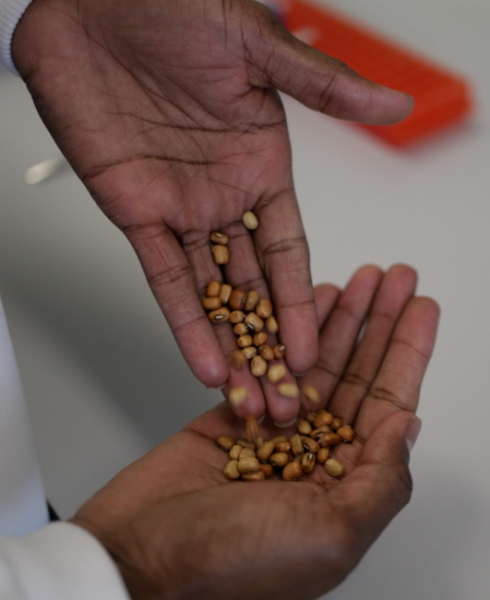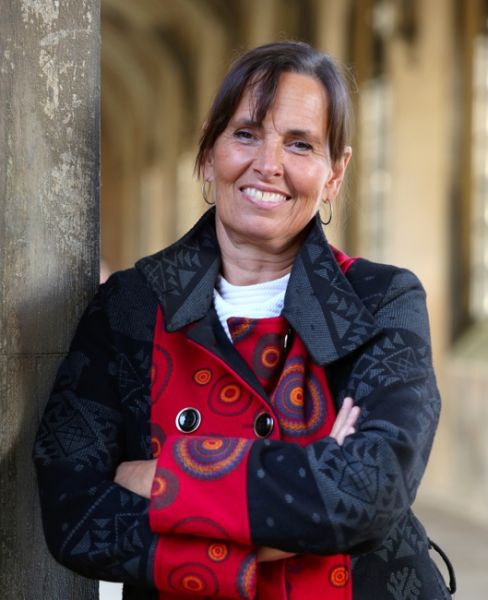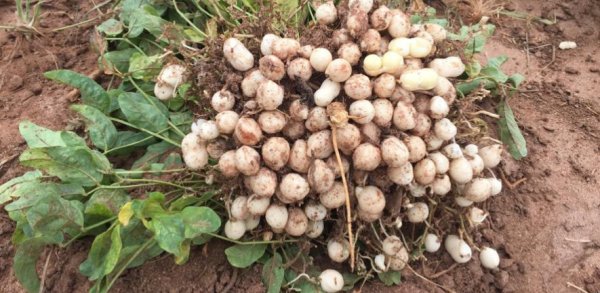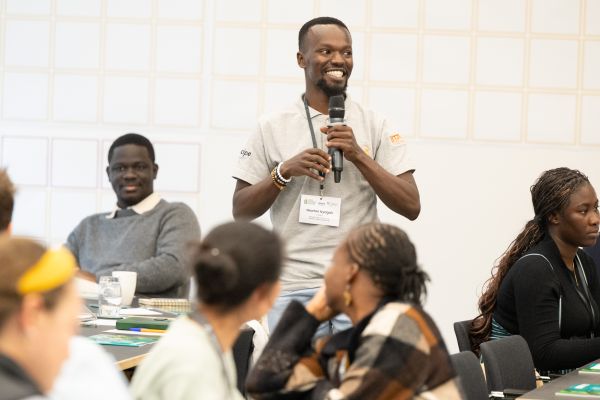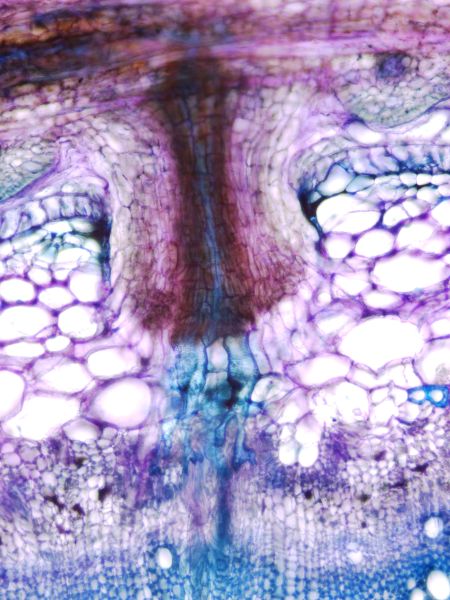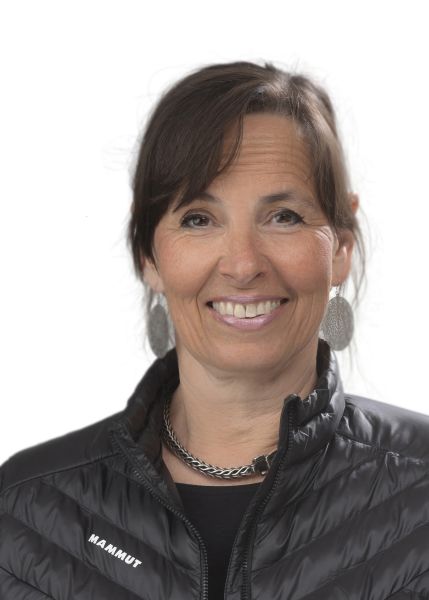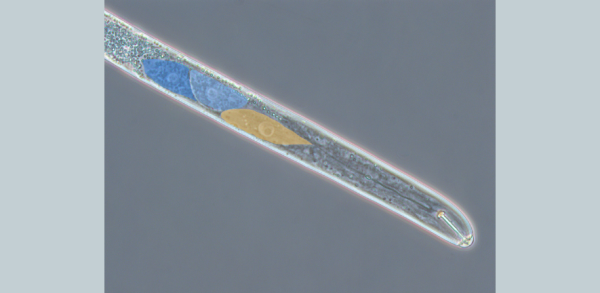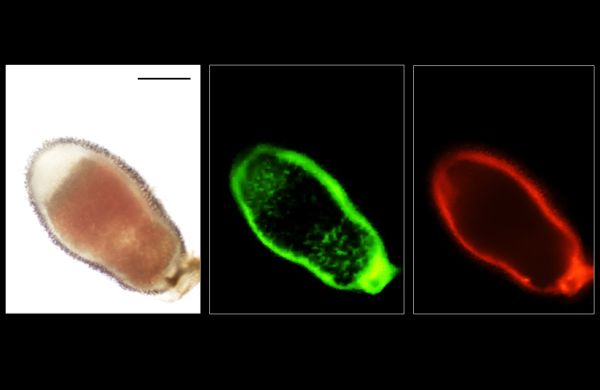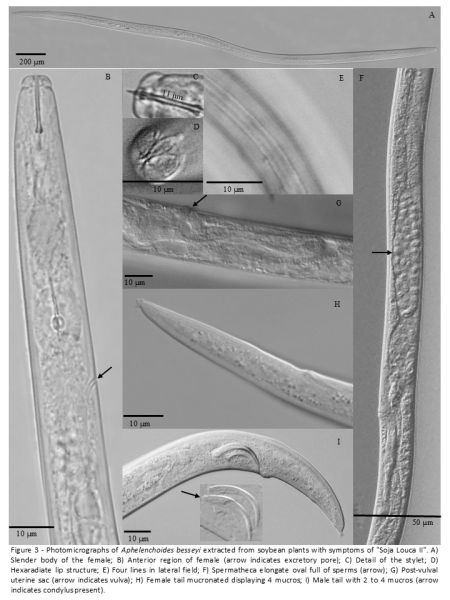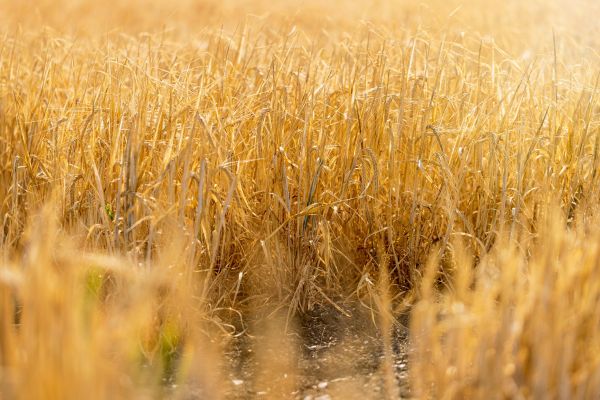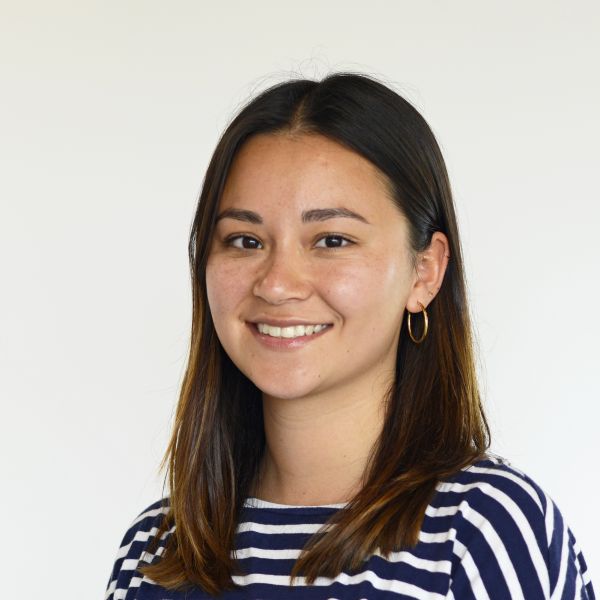Dr Ahmed Warsame writes:
Part of my research on cowpea (Vigna unguiculata) aims to understand the status of its genetic diversity in Somalia, and to what extent this diversity has been affected by over 30 years of civil war and recurrent severe droughts that frequently displaced farming communities, and the influx of foreign seed aids.
My visit to Mogadishu, the capital city, was multi-purpose and aimed to initiate some activities related to our research as well as meeting different stakeholders in cowpea research.
Initiating a community-based cowpea germplasm collection across Somalia
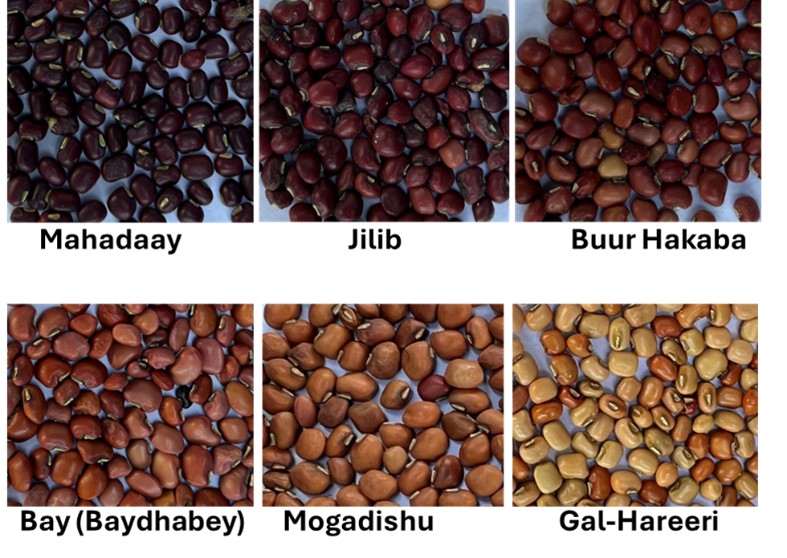
Figure 1 Cowpea seed collections from different locations in Somalia.
Considering the security situation which does not allow for a formal germplasm collection mission, an informal community-based system was used. During the visit, cowpea seeds were received from 28 locations, mainly from the cowpea belt region in South-Central Somalia. Based on the seed characteristics (e.g. colour and size), there is promising diversity in the germplasm collected so far (Figure1).
Grain market observations
I visited two main grain markets, Suuq Bacaad and Kaaraan, in Mogadishu to meet cowpea traders and gain some insight into the supply and consumer preferences for different cowpea varieties (as defined solely by their region of production) (Figure 2). Surprisingly, although there were differences in the market prices of different “varieties”, there was no clear explanation for why consumers pay more for certain cowpea “varieties”. We also found that most traders sold cowpea grains imported from Kenya, which were cheaper than the local produce.

Figure 2. Suuq Bacaad grain market, Mogadishu, Somalia
Meeting cowpea research stakeholders
To understand the current status of agricultural research and the national priorities for crop genetic improvement, I participated in a meeting at the Ministry of Agriculture which was attended by the director general, heads of different departments, and director of a local seed company. The ministry welcomed our work on cowpea and confirmed that it was a national priority crop. In addition, the Ministry offered support for facilitating paperwork and providing experimental research plots. In addition, I visited two faculties of agriculture at two universities, Somali National University and Zamzam University of Science and Technology. Besides delivering seminars to students and staff, I had the opportunity to visit experimental plots where different crops were grown to test different agronomic treatments.
Establishing research collaboration with Zamzam University of Science and Technology
Our research on the Somali cowpea involves farmer surveys and field experiments in Somalia, which requires collaboration with local institutions. During my visit, I met the rector of Zamzam University of Science and Technology (ZUST) and the Dean of the Faculty of Agriculture to discuss the details of the proposed mode of collaboration. In addition to its main campus in Mogadishu, ZUST has campuses in Jowhar and Baidoa, which are major cowpea growing regions in southern Somalia. We hope that this will facilitate access to farmers for data collection and experimental sites within the cowpea-growing regions.

Figure 3 My visit to the Faculty of Agriculture, Somali National University, Mogadishu. In the lower panel, the Dean of the Faculty of Agriculture, Dr. Mohamed Rashid, is explaining some of the current research activities at the faculty.
